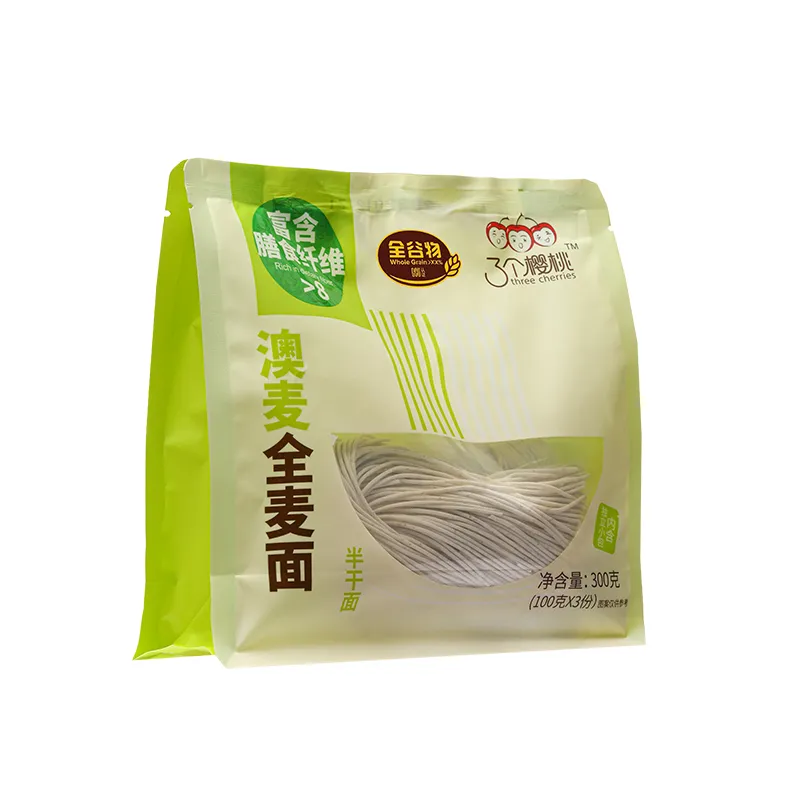kinds of italian pasta
A Delicious Exploration of the Kinds of Italian Pasta
Italian cuisine is renowned for its rich flavors, fresh ingredients, and, perhaps most importantly, its pasta. This beloved staple comes in countless shapes and sizes, each with its own unique appeal and purpose in the culinary world. Whether you’re a pasta aficionado or a curious beginner, there is a vast array of pasta types to discover. In this article, we will explore some of the most popular kinds of Italian pasta, delving into their characteristics and culinary uses.
1. Spaghetti
One of the most iconic kinds of pasta, spaghetti is long, thin, and cylindrical. Its name literally translates to thin strings in Italian. Spaghetti is typically made from durum wheat semolina and water, giving it a firm texture that holds up well to sauces. This pasta is incredibly versatile, often paired with tomato-based sauces, olive oil, garlic, and even seafood. Spaghetti aglio e olio, a simple dish made with garlic and olive oil, is a classic favorite.
2. Fettuccine
Fettuccine is a flat, thick noodle that is commonly used in creamy sauces. This egg pasta is a staple in Roman and Tuscan cuisine and is traditionally served with rich, hearty sauces like Alfredo, made with butter, cream, and Parmesan cheese. The wide surface area of fettuccine allows it to hold onto sauces beautifully, making each bite an indulgent experience.
3. Penne
Penne is a type of tubular pasta with angled ends that resemble small quills. Available in two varieties—mostaccioli (smooth) and rigate (ridged)—penne is perfect for capturing both light and chunky sauces. It’s often used in baked dishes like penne al forno, where it is mixed with cheese, vegetables, and sauces and then baked to perfection. The ridges of penne rigate are particularly effective at holding onto sauces, enhancing the flavor of each bite.
4. Lasagna
kinds of italian pasta

Lasagna is not just any pasta; it’s a beloved dish that layers pasta sheets with a variety of fillings. The sheets of lasagna are wide and flat, making them suitable for building layers of meat, cheese, and sauce. Traditional versions often include ricotta cheese, mozzarella, and a rich meat sauce. Vegetarian options with spinach and béchamel also showcase the versatility of this pasta type. Each layer melds together during baking, creating a satisfying and hearty meal.
5. Fusilli
Fusilli is a spiral-shaped pasta that is playful and perfect for holding onto sauces. Its corkscrew shape makes it an excellent choice for thicker sauces, including pesto or ragù. Fusilli is also popular in salads, as the twists can help capture dressing and ingredients well, creating a harmonious blend of flavors.
6. Orecchiette
Originating from the Puglia region, orecchiette translates to “little ears” in Italian due to its distinctive shape. This pasta is small and concave, making it ideal for holding sauces and vegetables. Traditionally, orecchiette is served with broccoli rabe and sausage, creating a delightful balance of flavors and textures that showcases the pasta's unique characteristics.
7. Linguine
Linguine is similar to spaghetti but slightly flatter and wider. This pasta is particularly well-suited for seafood dishes, where its shape allows it to capture both light sauces and the essence of the ocean. Linguine alle vongole, a dish made with clams, garlic, and white wine, exemplifies the perfect marriage of pasta and seafood.
Conclusion
The world of Italian pasta is vast and varied, with each shape offering its own unique qualities that enhance a wide array of dishes. From the classic spaghetti to the charming orecchiette, the possibilities are truly endless. Whether you’re experimenting in the kitchen or enjoying a meal at a traditional Italian restaurant, understanding the different kinds of pasta can elevate your dining experience. So next time you reach for a box of pasta, consider the type you’re choosing and how it will complement your sauce and ingredients. Buon appetito!
-
Is Whole Wheat Pasta Healthy?NewsMay.30,2025
-
Are Soba Noodles Good for Weight Loss?NewsMay.30,2025
-
Are Buckwheat Soba Noodles Healthy?NewsMay.30,2025
-
Are Buckwheat Soba Noodles Gluten Free?NewsMay.30,2025
-
Are Buckwheat Noodles Good for You?NewsMay.30,2025
-
A Healthy Way to Savor Soba and Spicy FlavorsNewsMay.30,2025
-
What Are Lanzhou Noodles?NewsMay.30,2025
Browse qua the following product new the we

















































































































